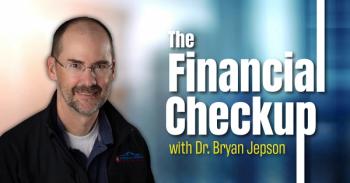
Fed begins to phase out bond-buying program
Says substantial progress made toward stable inflation
The Federal Reserve announced it was reducing the monthly pace of its net asset purchases of treasury securities and agency mortgage-back securities by a combined $15 billion per month. The original program was launched during the pandemic as a means of propping up the economy, but the committee said the economy had made substantial progress toward its goal of stable 2% inflation and a healthy labor market. Bond purchases by the Federal Reserve lowers long-term interest rate and historically have signaled to markets that short-term interest rates will not be raised. Some economists argue that the central bank is late in reacting to unexpected inflation pressures and say short-term rates should be increased.
If the $15 billion monthly reduction is not altered, the bond-buying program would be completely phased out in the middle of 2022.
The central bank said that the pace of purchases will be adjusted if warranted by changes in the economic outlook.
“Inflation is elevated, largely reflecting factors that are expected to be transitory,” the Federal Reserve said in a statement. “Supply and demand imbalances related to the pandemic and the reopening of the economy have contributed to sizable price increases in some sectors. Overall financial conditions remain accommodative, in part reflecting policy measures to support the economy and the flow of credit to U.S. households and businesses.”
The central bank said it would continue to monitor a number of factors in its assessment of the economy, including public health, labor market conditions, inflations pressures and expectations, along with financial and international developments.
Newsletter
Stay informed and empowered with Medical Economics enewsletter, delivering expert insights, financial strategies, practice management tips and technology trends — tailored for today’s physicians.






